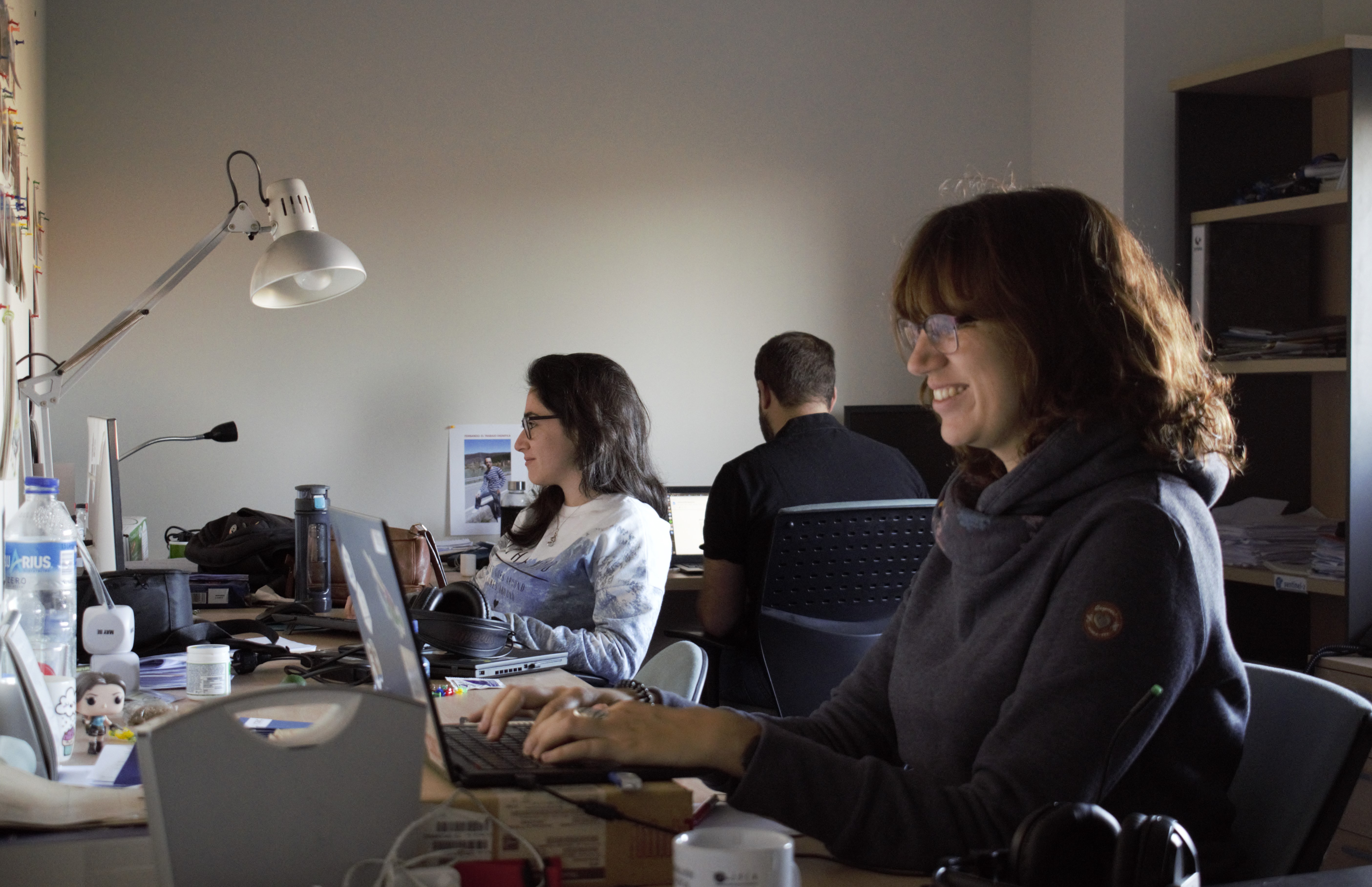
June 10, 2020
A new platform led by the IFCA's Advanced Computing group (CSIC-UC), enables the creation of Artificial Intelligence applications in the cloud. A series of modules facilitates the development of tools based on 'machine learning' and 'deep learning' techniques in the open science cloud in Europe.
IFCA's Advanced Computing Group is leading the European project DEEP Hybrid DataCloud (DEEP), a platform for developing, training and sharing applications based on artificial intelligence in the cloud. The project, based on making machine and deep learning tools accessible, offers a series of modules designed to facilitate scientific community in the development, use and exploitation of data analysis tools, such as neural networks, parallel processing of large data sets or online data flow analysis.
Machine learning techniques allow a machine to learn how to perform certain tasks directly from data. For this learning, the most used models today are the so-called neural networks. Deep Learning is a subbranch of machine learning where such neural networks are larger in size, allowing for more complex problems to be solved.
"Both techniques are now at the forefront of artificial intelligence, shaping tools that are being used to achieve very high levels of precision in many different research fields. Training a deep learning model is a very complex and computationally intensive task. It requires the user to have a complete configuration involving certain hardware, the appropriate drivers, dedicated software and sufficient memory and storage resources", says CSIC researcher Lara Lloret, from the Instituto de Física de Cantabria (CSIC-Universidad de Cantabria).
Often, the developer of a deep learning application is not a computer expert, and wants all this technology to be as accessible and transparent as possible, so that, he can concentrate only on creating a new model or applying an already pre-trained model to some data set. "This is exactly what we offer: a framework for all users, not just a few experts, which allows us to develop, train and share models of deep and machine learning both locally and in a cloud system, in a simple way," stresses Lloret.
DEEP makes use of the infrastructures of the European Open Science Cloud (EOSC) or open science cloud in Europe, which aims to create a borderless computing and data environment within Europe, so that scientists can share, store and reuse research data.
The project was the winner of demo competition at the EOSChub week 2020 conference, which this year took place virtually.
